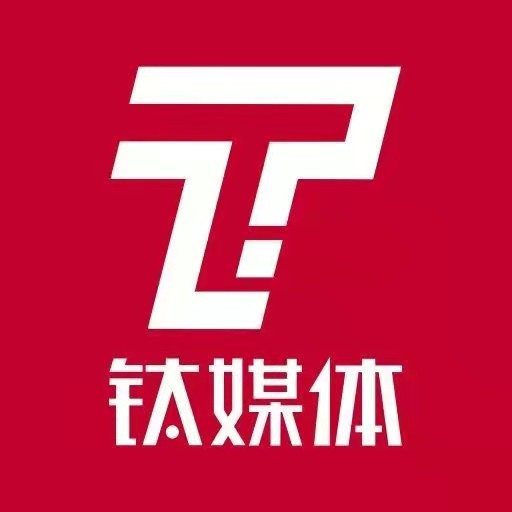TMTPOST -- Intel Corp. shares surged more than 10% on Friday after Ming-Chi Kuo, a well-known Apple analyst at TF International Securities, posted that the chipmaker is expected to begin supplying Apple's lowest-end M-series processors as early as mid-2027. The rally extended Intel's winning streak to five consecutive sessions, with cumulative gains exceeding 20.6% over that period.

Kuo, renowned for his accurate Apple predictions over the past decade, said industry surveys indicate that "visibility on Intel becoming an advanced-node supplier to Apple has recently improved significantly." According to his X post, Apple has signed a non-disclosure agreement with Intel and obtained the advanced-node 18AP PDK 0.9.1GA, with key simulation and research projects tracking in line with expectations.
The potential deal would mark a dramatic reversal for Intel, which lost its status as Apple's Mac processor supplier when the iPhone maker completed its transition to custom-designed M-series chips in 2020. For Apple, the arrangement would demonstrate "strong support" for the Trump administration's "Made in USA" policy while diversifying its manufacturing supply chain beyond Taiwan Semiconductor Manufacturing Co. ( TSMC )
Kuo's forecast sent Intel shares up 10.2% at Friday's close, erasing November losses and reaching the highest closing level since late October. The stock has now recovered more than 60% since the US government acquired roughly 10% of Intel in August.
Apple Plans Advanced Node Production with Intel
According to Kuo's post, Apple is awaiting Intel's release of PDK 1.0/1.1, currently scheduled for the first quarter of 2026. Apple plans for Intel to begin shipping its lowest-end M processor utilizing the 18AP advanced node as early as the second or third quarter of 2027, though the timeline remains contingent on development progress.
The lowest-end M processors are used in Apple's MacBook Air and iPad Pro tablets, which are expected to ship roughly 20 million units combined this year. Kuo estimates shipments of the lowest-end M processor in both 2026 and 2027 will be 15 to 20 million units.
The new Intel-manufactured chips would continue using Arm architecture, not the x86 architecture that Apple abandoned in 2020. Intel would only assist with manufacturing, while Apple retains full design control. TSMC would continue supplying the majority of Apple's M-series chips, including higher-end Pro, Max, and Ultra variants.
Strategic Significance Outweighs Direct Revenue
For Intel, Kuo emphasized that "the significance of winning Apple's advanced-node orders far exceeds the direct revenue and profit contribution from this business." In absolute terms, order volumes for the lowest-end M processor are relatively small and would have virtually no material impact on TSMC's fundamentals or technology leadership.
"Although Intel will still be unable to compete head-to-head with TSMC over the next several years, this suggests that the worst may soon be over for the [ Intel Foundry Services ] business," Kuo wrote. He added that the 14A node and beyond could capture more orders from Apple and other tier-one customers, turning Intel's long-term outlook more positive.
The potential Apple partnership would provide crucial validation for Intel CEO Lip-Bu Tan's turnaround efforts. The Santa Clara-based company has lost its technological edge and market share to rivals like Advanced Micro Devices Inc., while struggling to capitalize on AI chip demand dominated by Nvidia Corp.
Apple Balances Political and Supply Chain Goals
For Apple, selecting Intel to supply its lowest-end M-series chip addresses multiple strategic objectives. Beyond appeasing the Trump administration's "Made in USA" policy, the arrangement helps Apple diversify manufacturing beyond its heavy dependence on TSMC's advanced nodes.
"Apple, while clearly expected to remain highly dependent on TSMC's advanced nodes for the foreseeable future, still needs to secure a second source to meet supply-chain management requirements," Kuo explained.
Apple CEO Tim Cook has sought to demonstrate substantial US investment commitments, announcing $600 billion in domestic initiatives over four years at an August White House event. When asked about Intel during a CNBC interview, Cook said competition would benefit the chip foundry industry, stating: "We'd love to see Intel come back."
Manufacturing Partnership Aligns with Trump's Industrial Policy
The potential Intel-Apple collaboration emerges as the Trump administration prioritizes domestic semiconductor production. Intel received government backing through an unconventional deal in August, when the US acquired its roughly 10% stake, positioning the company as critical to reinvigorating American chip manufacturing.
Intel has pursued outside investments and partnerships as part of its comeback bid. According to Bloomberg in Setemper, the company approached Apple about investment discussions in September, though those early-stage talks may not lead to an agreement. Nvidia Corp. in September announced a $5 billion investment in Intel, a month after SoftBank Group Corp.committed $2 billion.
